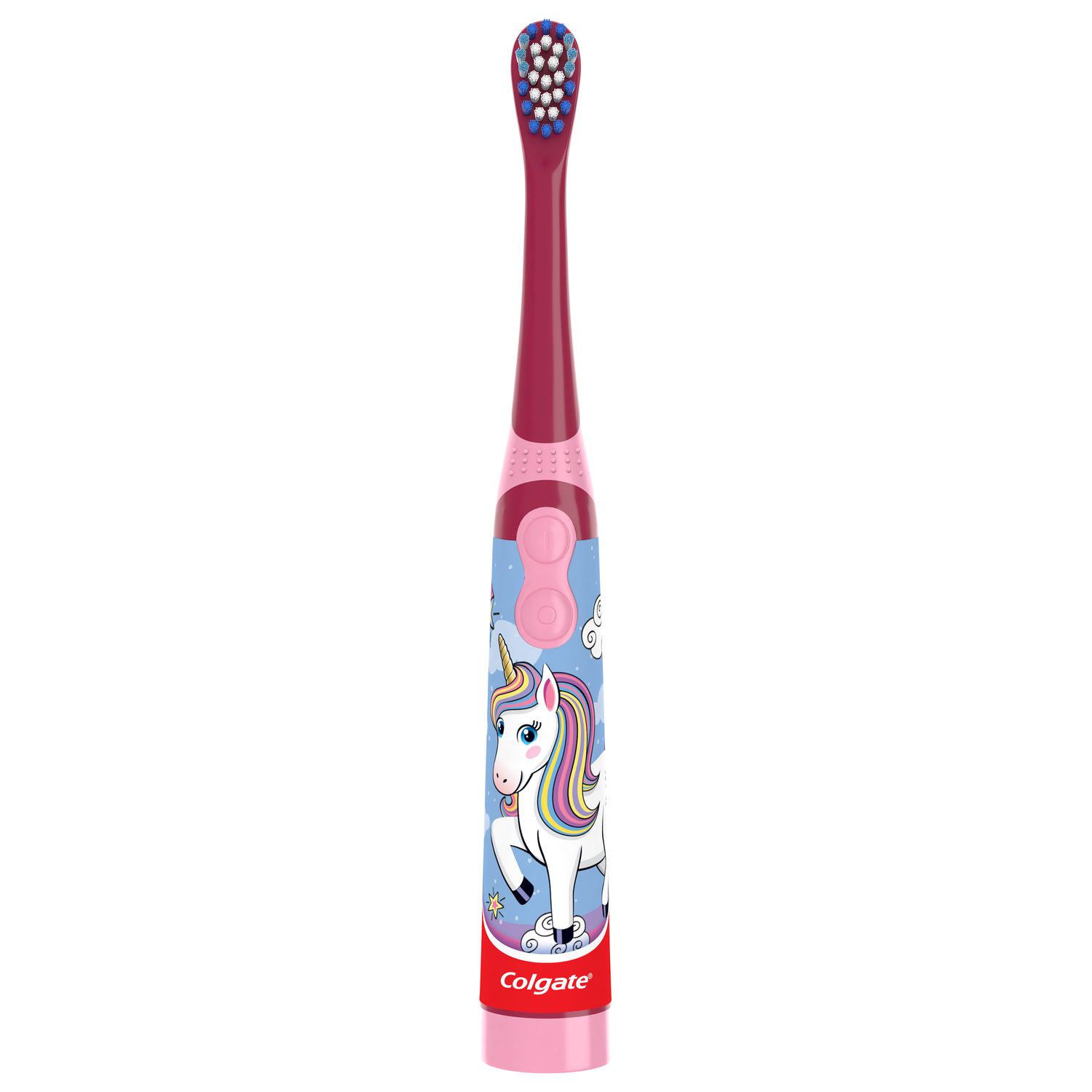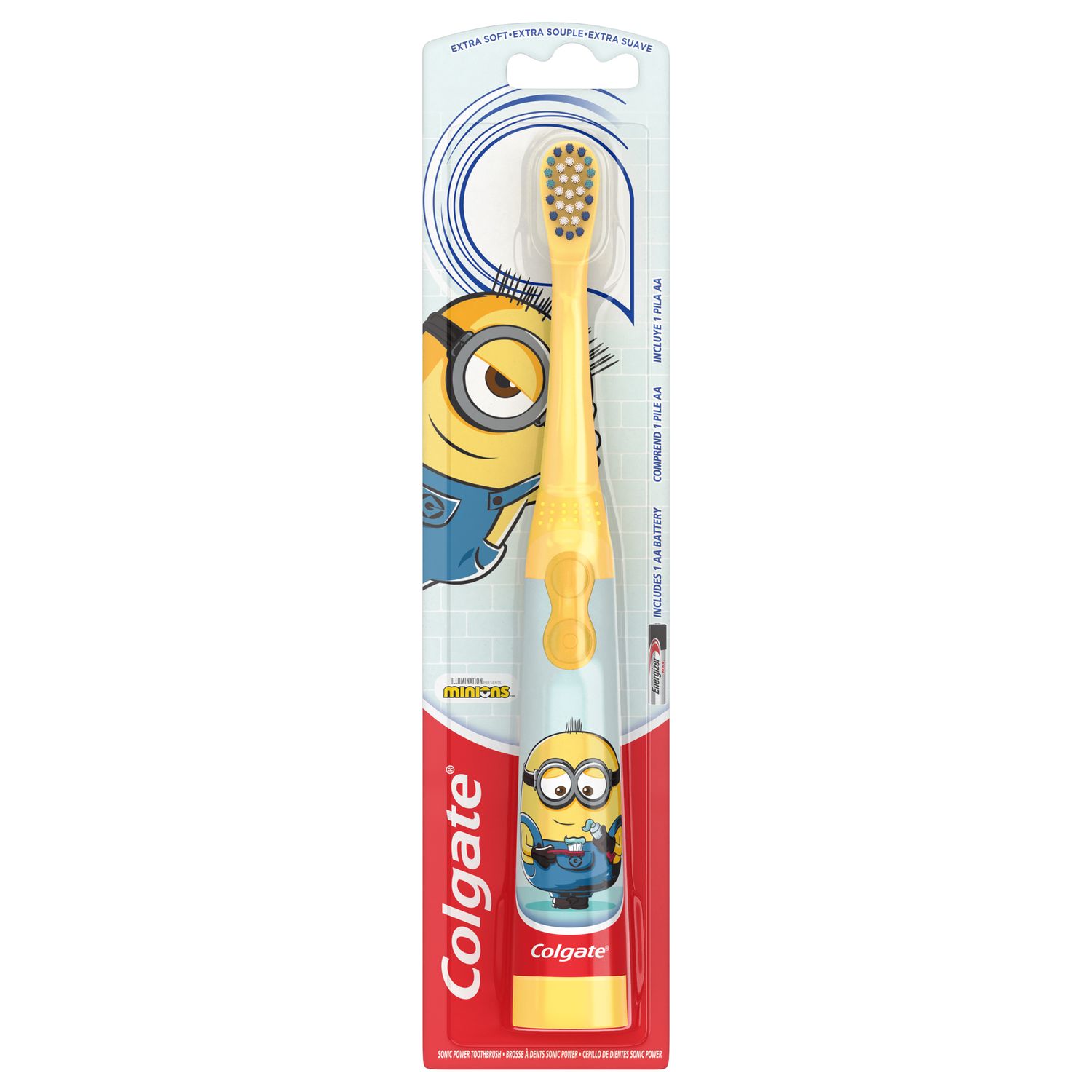What Is a Cold Sore?
According to C.S. Mott Children's Hospital, cold sores (also known as fever blisters) are small lesions that appear around the mouth and lips. These sores are caused by the herpes simplex virus, which typically enters the body through a cut in the skin either in or around the mouth. Children typically get the herpes simplex virus from a parent, who may spread it by sharing utensils or kissing.
Once exposed to the virus, certain factors can trigger an outbreak of cold sores. The American Academy of Pediatrics (AAP) states that fatigue and stress, increased exposure to certain types of weather, illness, hormonal change and a poor diet can all be contributing factors for the appearance of cold sores.
Cold Sore Symptoms
The Mayo Clinic states that cold sores are very common and quite contagious. The outbreak of one or more herpes lesions often begins as a tingling, itchy patch of skin around the mouth resulting in one or more blisters. The blisters may then join together or break and emit a clear fluid, leaving a cratered sore that forms a scab. The scabbed lesion usually heals within two to four weeks. A herpes simplex virus outbreak may be accompanied by pain, sore lymph nodes, muscle aches and eroded gum tissue.
Treatment for Cold Sores in Children
There is no current cure for cold sores. The AAP encourages parents to see their pediatrician when a child exhibits the signs and symptoms of cold sores. This step is important because they can determine the cause of the mouth sores and whether your child has contracted the herpes virus or another condition.
To ease your child's cold sore at home, you can try applying ice or a warm cloth to the area. If their pain is severe, your pediatrician may recommend pain medication or an over-the-counter cream.
Prevention Tips
Cold sores can spread from adult to child, child to child or child to adult. These lesions may also recur once a child is initially infected with the condition, as the Mayo Clinic explains. It's important for the person affected and their family to practice proper hand hygiene to decrease the spread of the disease and proper oral hygiene to decrease germs within the mouth.
Additional personal habits that may help to prevent the spread of the condition include:
- Not sharing utensils
- Having those who have a herpes simplex virus outbreak avoid touching and kissing a child
- Taking extra precaution if you are an individual who has a weakened immune system or is under stress — as both situations increase the chances of a herpes simplex outbreak
If your child has a cold sore outbreak, rest assured that the condition is common, but it's very important for you to take the proper steps to prevent the spread of the virus.
FAQ
What are cold sores, and what causes them in children?
Cold sores (also called fever blisters) start as small blisters that form around the lips and mouth, chin, cheeks, and nose. In children, cold sores are usually caused by the herpes simplex virus type 1 (HSV-1).
Are cold sores common in children?
Yes. Most children are exposed to HSV between 1 and 5 years of age. More than half of people in the United States are infected by the time they become adults according to the American Academy of Pediatrics.
How can I tell if my child has a cold sore?
Symptoms of a cold sore can include tingling, burning, or itching in the affected area a few days before sores appear. The sores themselves can burn, sting, and itch and may be blister-like and red before they dry out and scab over. Cold sores may last 10 to 14 days.
Can cold sores in children be treated?
Your pediatrician may recommend an over-the-counter cream or a prescription anti-viral cream to help reduce cold sore symptoms and shorten the healing time by a day or two. You can offer iced treats to make your child more comfortable.
How can I prevent my child from getting cold sores?
Prevent close contact (kissing, hugging) with family members or friends with an active infection. Avoid sharing utensils, towels, and toothpaste. If your child goes to daycare or school make sure they don’t share food, drinks, or lip balm. Sunscreen may also help prevent breakouts.
Are cold sores contagious, and how can I prevent spreading them to others?
Yes, cold sores are contagious. To avoid spreading them to others, avoid kissing or sharing food, drinks and utensils. Even 24-48 hours before a sore erupts the virus is contagious. Once a cold sore is present, avoid touching it as it can spread and wash your hands frequently.
Oral Care Center articles are reviewed by an oral health medical professional. This information is for educational purposes only. This content is not intended to be a substitute for professional medical advice, diagnosis or treatment. Always seek the advice of your dentist, physician or other qualified healthcare provider.
ORAL HEALTH QUIZ
What's behind your smile?
Take our Oral Health assessment to get the most from your oral care routine
ORAL HEALTH QUIZ
What's behind your smile?
Take our Oral Health assessment to get the most from your oral care routine















